If you are ready to extend your swimming season and keep your pool warm year round, choosing the right pool heating system is essential. From electric heat pumps to gas pool heaters and solar pool heating, there are many ways to heat your pool. In this complete guide, we explore which pool heat pump you should buy and how to match the right model to your pool size, usage, and local climate.
What Is a Pool Heat Pump and How Does It Work
A pool heat pump is a highly energy efficient system that extracts heat from the ambient air and transfers it into your pool water using a heat exchanger. It works by pulling in warm air, compressing it, and converting it into energy via a liquid refrigerant system. This process uses less energy than traditional methods, resulting in lower running costs and significant energy savings over time.
The Basics of Heat Pump Technology
A swimming pool heat pump relies on a heat exchanger and an evaporator coil to convert warm air into usable heat. The refrigerant, in liquid form, absorbs the heat and becomes a gas, which is then compressed and passed through a titanium heat exchanger that warms the pool water. This system is efficient, safe, and compatible with tight spaces.
Why Heat Pumps Are Ideal for Australian Climates
Due to moderate ambient temperatures across much of Australia, heat pumps operate at full capacity with minimal energy consumption. Whether you are in Queensland or South Australia, these systems work well in residential settings where low speed, constant temperature and less maintenance are important.
Benefits of Using a Pool Heat Pump in Australia
Energy Efficiency Compared to Gas Heaters
Electric heat pumps are up to five times more energy efficient than gas pool heaters. Gas systems require natural gas or LPG to function, resulting in higher heating costs and more frequent maintenance costs. In contrast, heat pumps draw heat from the environment, reducing energy bills without sacrificing performance. Electric heat pumps can cost between $250–$750 per year to run, which is lower than gas heating that can cost $500–$1,500 per year. Additionally, heat pumps are generally more energy-efficient than gas heaters, making them a preferred choice for long-term savings.
Long-Term Energy Savings
Because electric heat pumps use less energy, they can help reduce your long-term heating costs. Even though the upfront cost may be higher, the return on investment is clear when considering year round usage. Heat pumps provide stable pool heat with fewer spikes in energy costs. Moreover, pool heat pumps have a longer lifespan than gas heaters and solar heaters, typically lasting 10–20 years, further enhancing their cost-effectiveness over time.
Quiet Operation and Low Maintenance
Heat pumps are built to minimise noise, making them ideal for suburban and residential settings. Many models feature inverter technology to adjust power based on demand, allowing the unit to maintain the desired temperature using less energy and producing less noise.
Types of Pool Heat Pumps Available in Australia
Standard Electric Heat Pumps
Electric heat pumps are the most popular choice for pool owners in Australia. These units provide a stable and constant temperature in your swimming pool regardless of air temperature variations. They are perfect for medium to large pools and require only minimal servicing.
Inverter Heat Pumps
Inverter technology enables the heat pump to operate at variable speeds, which enhances energy efficiency and improves heat retention. These systems are known for producing low noise levels and reducing wear on internal components, resulting in less maintenance over time. Inverter heat pump technology operates the heat pump at a lower capacity to maintain the pool temperature, leading to energy savings. Heat pump pool heaters should be installed by professionals to ensure optimal efficiency and longevity.
Hybrid and Solar Pool Heating Options
Some pool owners choose hybrid systems that combine heat pump technology with solar panels. These options offer maximum energy savings when solar exposure is high. Solar heating can run for as little as $1 a day, making it an economical option despite installation costs. While solar heating systems are the most environmentally friendly, they require a backup like a heat pump or gas heater to deliver consistent performance. Solar pool heaters provide significant amounts of free energy for heating pools throughout the swimming season, making them a cost-effective and sustainable choice.
Key Features to Consider When Buying a Pool Heat Pump
Heat Pump Size and Pool Volume
One of the most critical decisions is selecting the correct heat pump size. Your heating system must match the volume of your pool to maintain a steady water temperature. Larger pools require more energy and enough power to reach the set temperature efficiently. The larger your pool, the larger your heat pump will need to be to maintain a comfortable temperature. A system that is too small may struggle to keep the pool warm, while one that is too large may consume more energy than necessary. Heat pump sizing is crucial for energy efficiency; an undersized pump will run longer, increasing energy bills. Pools located in cooler or windier regions require larger heat pumps to compensate for greater heat loss.
Energy Efficiency and COP Rating
The coefficient of performance (COP) measures the energy efficiency of a heat pump. A higher COP rating indicates that the unit provides more heat output for each unit of electricity consumed. Look for models with a COP of 5.0 or higher for maximum energy savings.
Noise Level and Space Requirements
Minimise noise by choosing models designed for quiet operation. Many inverter models operate below 50 decibels. Consider space constraints, especially in tight spaces or homes with close neighbours.
Durability and Materials
A titanium heat exchanger is a preferred option due to its resistance to corrosion, especially in saltwater pools. Build quality and weatherproofing are also important, particularly in coastal or humid regions.
Smart Features and WiFi Control
Modern systems often include digital controllers and WiFi control, allowing you to manage your swimming pool heat from anywhere using a mobile device. This adds convenience and enhances temperature precision.
Pool Heat Pump Reviews Australia: Best Models in 2025
Madimack Elite V3
One of the top-rated swimming pool heat pump models, the Madimack Elite V3 includes inverter technology, a high COP, and smart WiFi features. It suits pools of various sizes and performs efficiently even in cooler climates.
EvoHeat Fusion i
This electric heat pump features a titanium heat exchanger and is built for energy savings and easy maintenance. It is ideal for residential pools where consistent temperature and low running costs are priorities.
Zodiac Z400 iQ
Known for its advanced controls and silent operation, this pool heater includes WiFi connectivity and energy efficient design. It performs well across different ambient temperature conditions.
AstralPool HX Heat Pumps
AstralPool offers reliable pool heating systems built for Australian conditions. Their models provide good energy efficiency and are supported by a strong dealer network for servicing and installation.
Other Options
Supreme Heating and Thermotec also offer compact solutions suitable for small to medium pools. These may be ideal for pool owners looking for lower cost entry models with basic functionality.
Comparing the Best Pool Heat Pumps Australia
| Brand | COP Rating | Smart Control | Inverter Tech | Noise Level | Ideal For |
|---|---|---|---|---|---|
| Madimack Elite V3 | 6.5 | Yes | Yes | 45 dB | Larger pools |
| EvoHeat Fusion i | 6.3 | Yes | Yes | 50 dB | Year round use |
| Zodiac Z400 iQ | 6.0 | Yes | Yes | 46 dB | Residential settings |
| AstralPool HX | 5.2 | No | Yes | 55 dB | Mid sized pools |
| Thermotec Compact | 4.8 | No | No | 52 dB | Tight spaces |
Electric vs Gas vs Solar Pool Heating Systems
Gas heaters are powerful and heat pool water quickly, but they come with high energy consumption and increased maintenance costs. Gas pool heaters offer a quick response time for heating swimming pools and can reach higher temperatures faster compared to electric heat pumps and solar pool heaters. Solar pool heating is sustainable and low cost to run, but depends heavily on solar exposure and does not offer full temperature control. Electric heat pumps provide the best balance between energy efficiency, heating consistency and long term energy savings.
Environmental Factors and Local Climate Considerations
Your local climate will influence how well your heat pump performs. In cooler zones, opt for a system with higher heating capacity. Coastal regions require corrosion resistant materials. Use a pool cover to reduce heat loss and improve water flow efficiency.
Installation and Maintenance of Pool Heat Pumps
Proper installation and regular pool maintenance of a swimming pool heat pump are key to ensuring it operates at full capacity, delivers consistent pool heat, and maintains its lifespan. Here is what every pool owner in Australia should know.
Installation Considerations
The cost of installation varies depending on several site-specific factors. These include the availability of electrical power, access to existing plumbing, and the size heat pump required for your pool volume. Installing larger units or those in tight spaces may require additional labour or electrical upgrades. Always engage a licensed technician to ensure safety and compliance with Australian standards.
Routine Maintenance for Longevity
Maintaining your pool heating systems is crucial to preserving energy efficiency and preventing early wear. Regular checks should include:
- Inspecting for blockages or leaks in piping and valves
- Verifying that the thermostat is set correctly to your desired temperature
- Cleaning any clogged filters to maintain optimal water flow and avoid overheating or shutdowns
- Monitoring for low water flow issues that can affect heat pump performance
In addition, it is recommended to run your pool pump for at least 8 to 10 hours daily. This helps maintain consistent water temperature and allows the heat pump to operate efficiently.
Water Chemistry and Corrosion Prevention
Maintaining proper swimming pool water chemistry is not just for swimmer safety but also for equipment protection. Imbalanced pH or high chlorine levels can corrode internal components, including the titanium heat exchanger. Weekly water tests and appropriate chemical adjustments will minimise damage and ensure the unit requires less maintenance over time.
Annual Servicing
Once a year, book a full service with a professional. This inspection should include:
- Electrical testing of all internal components
- Leak detection
- Thermostat calibration
- System performance checks
This service ensures optimal operation, improves energy savings, and prolongs your investment in pool heating.
Comparative Analysis of Pool Heating Technologies
Choosing the right pool heating system requires understanding how each technology works and performs in different conditions. Here is a breakdown of the three main types used in Australia.
Heat Pumps
Electric pool heat pumps extract warm air from the environment to heat your pool using a liquid refrigerant and a heat exchanger. They are the most energy efficient option for long-term use, especially when used regularly and paired with a pool cover.
- Operates efficiently in most Australian climates
- Lower running costs than gas or electric resistance heaters
- Suitable for year round use when combined with proper insulation
Gas Pool Heaters
Gas pool heaters burn natural gas or LPG to create direct heat. These are highly effective for quick temperature increases and are commonly used for spas or larger pools where fast heat-up times are needed.
- Ideal for occasional or rapid heating
- Best suited for spa heating or infrequent use
- Higher energy consumption and maintenance costs
Solar Pool Heating
Solar pool heaters work by pumping pool water through a solar collector, where it is warmed by the sun before returning to the pool. These systems are popular in sunny regions and are the most environmentally friendly option.
- Can operate for 6 to 9 months annually in many parts of Australia
- Very low energy costs after installation
- Performance drops during cloudy or cold periods
- Often used with a backup heater for full coverage
Cost Considerations Across Technologies
While heat pumps are more energy efficient, they do require a higher upfront cost. Gas pool heaters have low initial costs but high energy bills. Solar pool heating systems offer the lowest energy consumption but depend heavily on location and seasonality.
As a guide:
- Electric pool heaters can cost between 250 and 750 dollars per year to operate depending on usage, pool use, and local air temperature.
- Gas systems may cost significantly more in energy costs, especially with frequent use.
- Solar heating typically involves minimal ongoing expenses but requires optimal sunlight and space for collectors.
FAQs
Can a heat pump keep my pool warm year round?
Yes. When paired with a pool cover and proper insulation, a swimming pool heat pump can maintain comfortable water temperature throughout the year. Using a pool cover can help reduce heating requirements and influence the size of the heat pump needed, making it an essential accessory for energy efficiency. Pool covers keep the water warmer and prevent evaporation, which reduces heating requirements and costs.
What size heat pump do I need?
This depends on pool volume, usage, and air temperature. A professional assessment is recommended to determine the right heat pump size for your needs.
How can I reduce energy bills while using a pool heater?
Use inverter models, maintain your pool pump, and keep your pool covered when not in use. Set a consistent set temperature rather than fluctuating it frequently. Regular maintenance involves checking for blockages, leaks, and ensuring the thermostat is set correctly.
Final Thoughts: Which Pool Heat Pump Should You Buy
If energy efficiency, low running costs and ease of use are your priorities, then a modern inverter electric heat pump is your best choice. Models like the Madimack Elite V3 and EvoHeat Fusion i stand out in pool heat pump reviews across Australia. They offer full capacity performance, less maintenance, and quiet operation, all while lowering energy bills.
At 1 Pool Care, we help Perth families choose pool heating systems that match their needs, budget and local climate. Whether you are after the best pool heat pump Australia has to offer or want to compare electric heat pumps and gas heaters, our experienced team is here to help. Contact us today to explore your options and enjoy a longer, warmer swimming season.

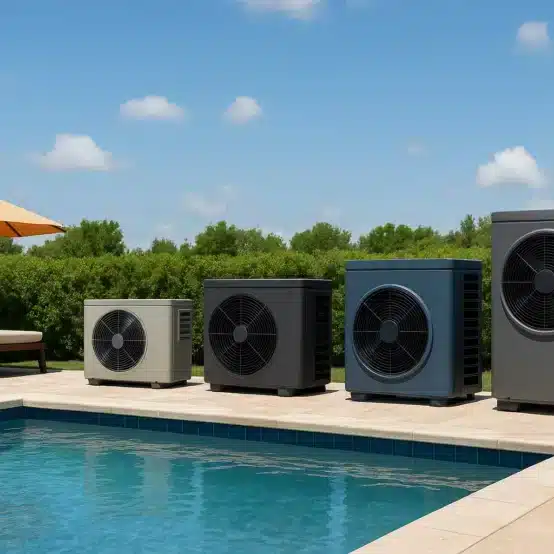
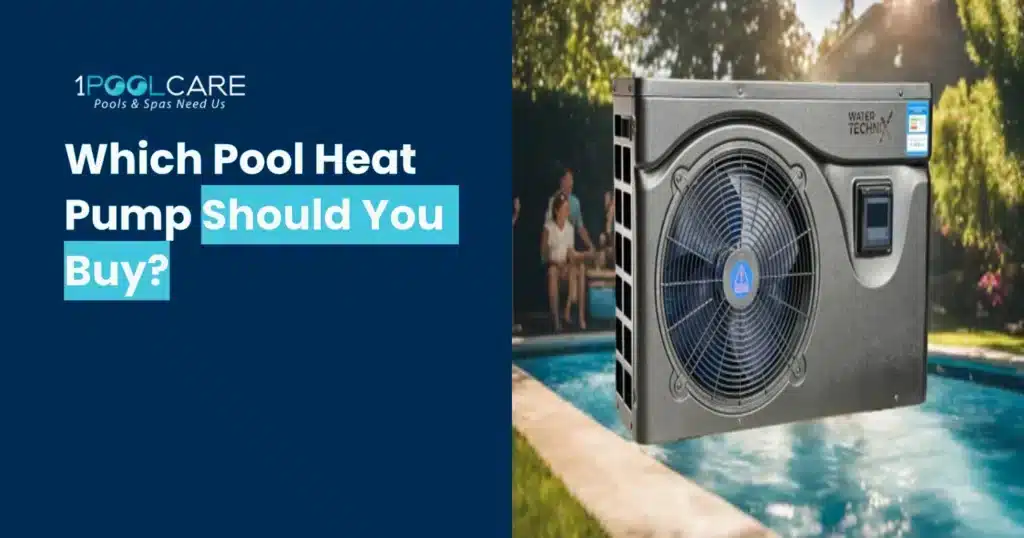
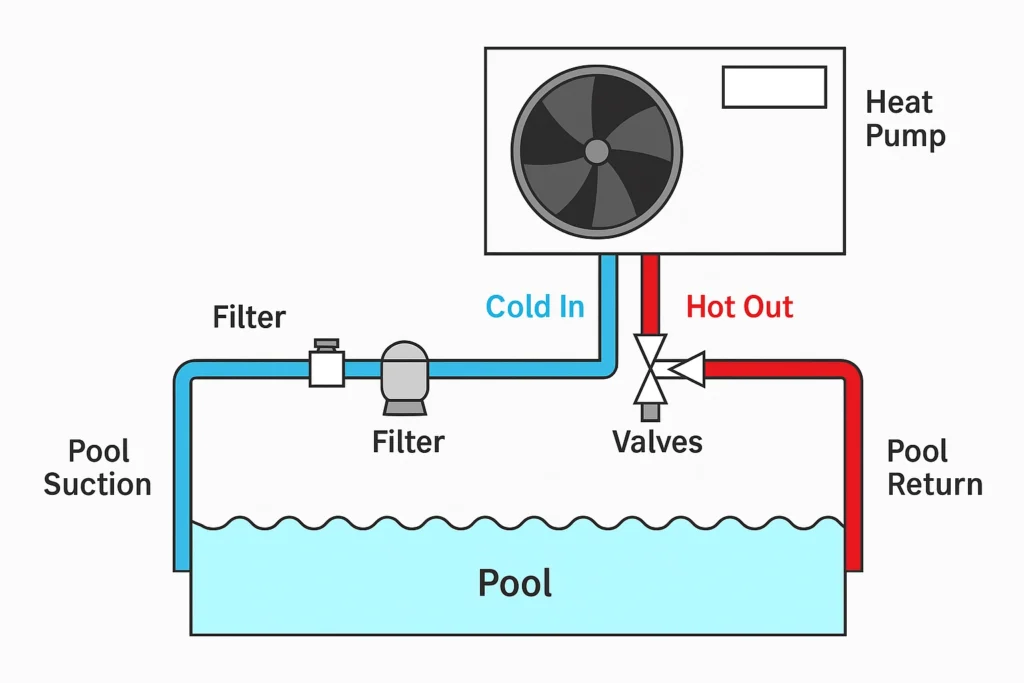
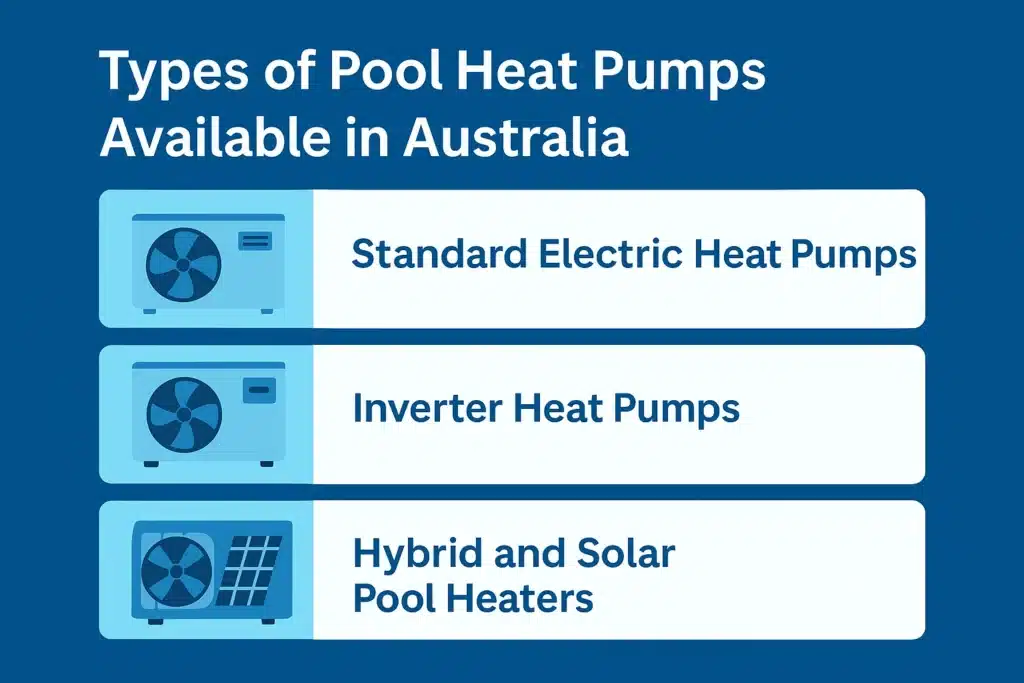
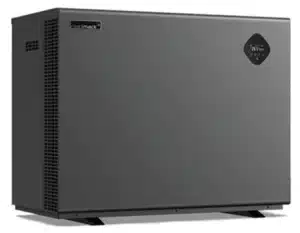
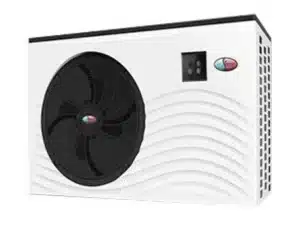
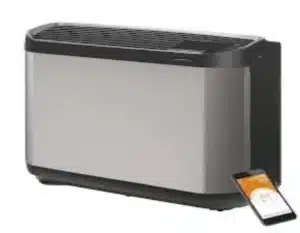
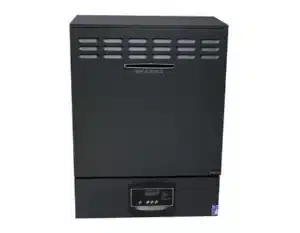
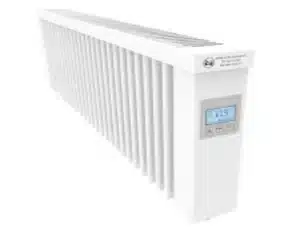

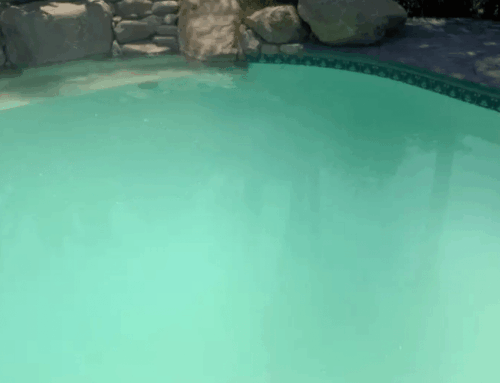
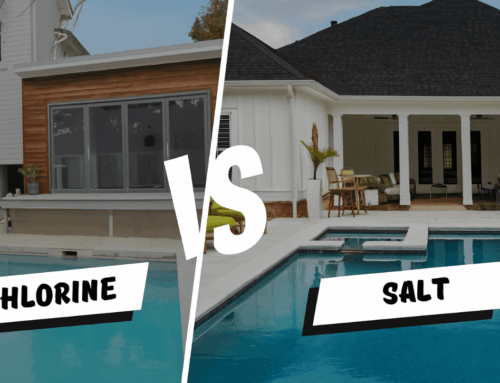
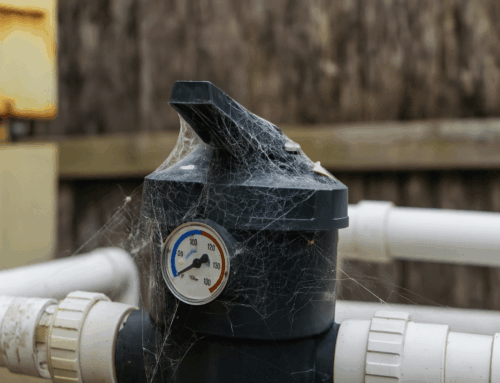





Social Media